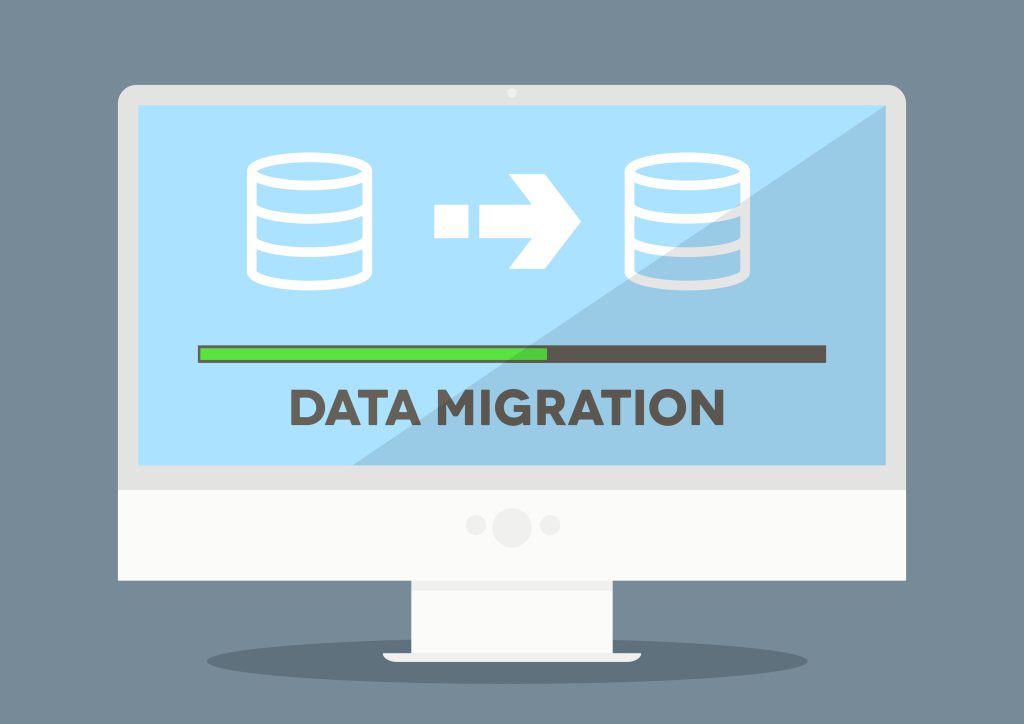Revolutionizing Business Operations: Exploring the Role of RPA Hyperautomation Companies
In today's digital age, businesses are constantly seeking innovative ways to optimize their operations and improve efficiency. One revolutionary technology that has emerged in recent years is Robotic Process Automation (RPA) Hyperautomation. This blog delves into the world of RPA Hyperautomation companies, exploring their role in transforming business processes and driving digital transformation.
Understanding RPA Hyperautomation:
RPA Hyperautomation refers to the combination of Robotic Process Automation with advanced technologies like Artificial Intelligence (AI), Machine Learning (ML), and Natural Language Processing (NLP). RPA Hyperautomation companies specialize in developing software solutions that automate repetitive and rule-based tasks, enabling organizations to streamline their operations and increase productivity.
Automation of Repetitive Tasks:
One of the primary functions of RPA Hyperautomation companies is to automate repetitive tasks that consume significant time and resources. These tasks often involve manual data entry, data validation, report generation, and data migration. By implementing RPA bots, companies can automate these mundane tasks, allowing employees to focus on more strategic and value-added activities.
Workflow Orchestration and Integration:
RPA Hyperautomation companies offer platforms that facilitate workflow orchestration and integration across different systems and applications. These platforms allow businesses to automate end-to-end processes that span multiple departments and systems. By seamlessly integrating various software applications and systems, RPA Hyperautomation enables smooth data exchange and process synchronization.
Intelligent Decision-Making:
RPA Hyperautomation companies leverage AI and ML capabilities to enable intelligent decision-making. By analyzing large volumes of data and applying machine learning algorithms, these companies develop solutions that can make data-driven decisions and predictions. This empowers businesses to optimize their operations, enhance customer experiences, and drive informed decision-making at various levels within the organization.
Scalability and Flexibility:
RPA Hyperautomation solutions offered by these companies are designed to be scalable and flexible. They can adapt to changing business needs and accommodate growth without significant reconfiguration. Companies can easily scale up or down their automation initiatives, allowing them to align their operations with market demands and seize new opportunities efficiently.
Enhanced Customer Experience:
RPA Hyperautomation companies play a crucial role in improving the overall customer experience. By automating repetitive tasks, businesses can provide faster and more accurate service to their customers. For instance, customer onboarding processes, order processing, and query handling can be automated, leading to quicker response times and improved customer satisfaction.
Continuous Process Improvement:
RPA Hyperautomation companies help businesses implement a culture of continuous process improvement. Through advanced analytics and process monitoring, these companies identify bottlenecks, inefficiencies, and opportunities for optimization. By gathering valuable insights from automated processes, organizations can refine their workflows, enhance productivity, and drive ongoing improvements.
Conclusion:
RPA Hyperautomation companies are at the forefront of transforming business operations by leveraging the power of automation, AI, and ML. Their solutions enable businesses to automate repetitive tasks, orchestrate workflows, make intelligent decisions, and enhance the overall customer experience. By partnering with RPA Hyperautomation companies, organizations can drive digital transformation, streamline their operations, and gain a competitive edge in today's rapidly evolving business landscape.



Comments
Post a Comment